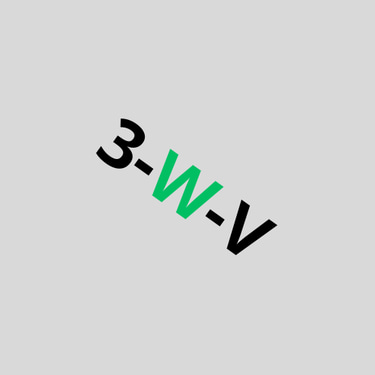The powerlesness of the International Community; A reflection of the states that compose it.
From Congo to Gaza, Ukraine to Sudan, devastating wars rage on while the international community remains stuck in cycles of condemnation without action. In this commentaru we examine why the International Community fall short resolving global conflicts.
OPINION AND COMMENTARY
6/20/20252 min read
Faced with the raging wars from the Democratic Republic of Congo to Sudan, to Gaza, to Ukraine, to Israel, to Iran, to Sahel, one question stands out: What are the concrete actions of the international community?
Conferences come and go, resolutions pile up, statements condemning violence are raining yet on the ground, bombs fall, civilians flee, and conflicts drag on.
It is time to stop pretending. The United Nations(UN) is not powerless by accident. It reflects an international system built on national interests, power struggles, and political calculations. The International Community(IC) actions cannot be coherent because the states are divided, and sometimes, one benefits from one state is a disadvantage to another.
The IC is broader than the UN alone. It also includes regional organizations like the African Union, the Arab League, the European Union, the Organization of American States, ASEAN, and other coalitions of states acting on shared interests. However, many of these bodies face similar challenges: lack of resources, internal divisions, and competing priorities.
Considering the devastating conflicts ongoing, the people trapped in these conflicts suffer enormously, while the IC, regional or global communities, often stop only at condemning violence without helping to end these wars.
This is because the IC mirrors the states that form it. First, states are sovereign, and when the IC acts, the sovereignty of states can be touched, and it must act accordingly. Second, the interest of each state shows selective solidarity and institutionalized inaction.
For Instance, the Security Council is often paralyzed, with member states neutralizing each other, and the people pay the price of this geopolitical deadlock. Some states block action because they are directly involved or want to protect allies. Others abstain because they see no strategic interest. The result is that the IC's actions are delayed.
The truth is uncomfortable: the IC is only as strong as the states that compose it. Moreover, some states are fragile, plagued by internal crises, populism, or a loss of legitimacy. How can we expect them to collaborate when they struggle to govern effectively at home?
Even regional organizations that could take the lead are often paralyzed. The African Union, for example, lacks resources, and its peace appeals are rarely followed by action. The Arab League is riddled with internal divisions. The European Union often acts more to defend its borders than for global peace.
So what remains? A necessary awareness. This is not a reason to give up, but we can no longer speak of the international community's "accidental failure." We must recognize a global system designed to avoid action that is too constraining, too just, or too swift.A simple truth: people will not wait. While great powers argue over resolutions, lives are shattered. People suffering will not wait for the world to agree to exist, resist, and tell their stories.
Therefore, the international community's powerlessness is not a mystery: it is a faithful image of a fragmented, hesitant, and often indifferent world. Nevertheless, it is also the starting point of hope, the hope to build a system founded not on the fear of states but on the dignity of people. All in all, states must evolve and better themselves for a greater future.
References
Euro Prospects. (2023). Europe’s security gamble: Borders, crises, and the battle for human rights. https://www.europrospects.eu/europe-security-borders
Kabbara, A. (2021). The Arab League. A comparative examination of voting mechanisms: Exploration of the unanimity rule of the Arab League's regulations and how the rule affects the organization's security function [Master's thesis, University of Oslo]. https://www.duo.uio.no/
Novosseloff, A. (2023). The European Union and UN peace operations: What global–regional peace and security partnership? SpringerLink. https://doi.org/10.1007/s12142-023-00691-9
SuperMoney. (2024). The Arab League: Formation, roles, and global impact. https://www.supermoney.com/arab-league/
United Nations. (2024, March 28). African Union-led peace support operations need predictable, adequate, sustainable support, speakers stress to Security Council. UN Meetings Coverage and Press Releases. https://press.un.org/en/2024/sc15574.doc.html
